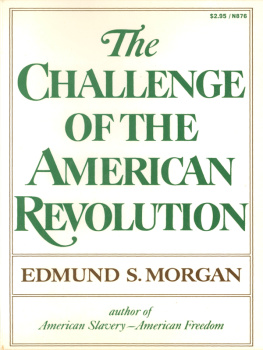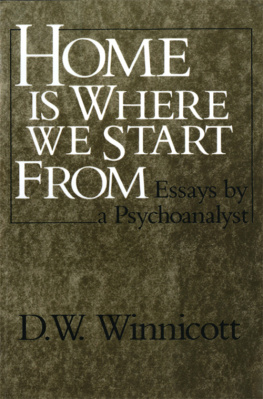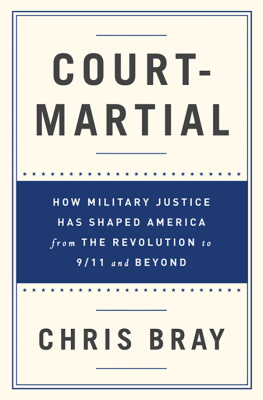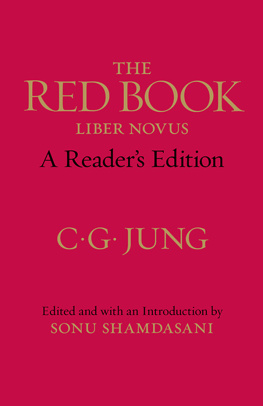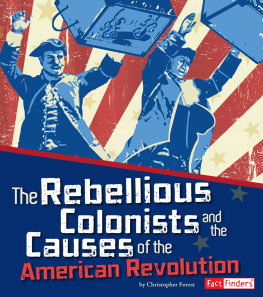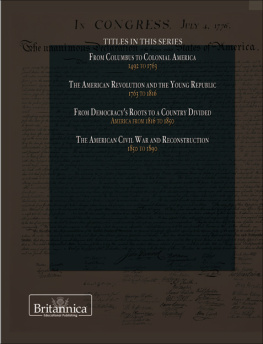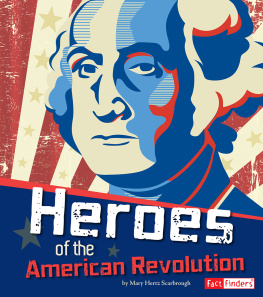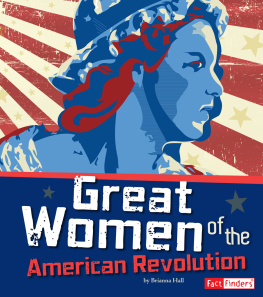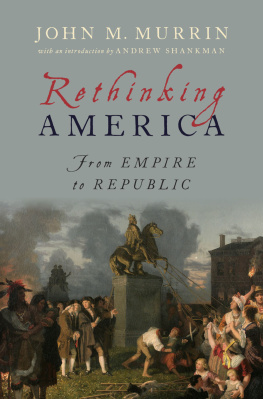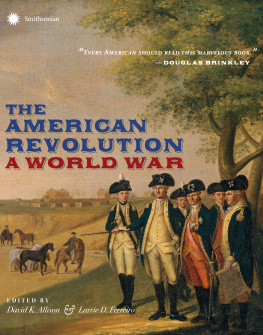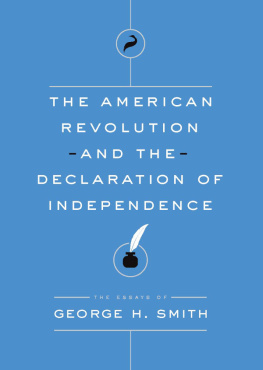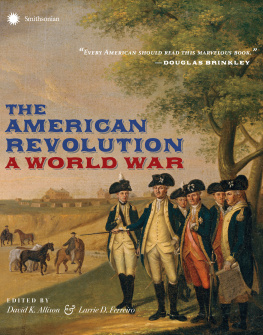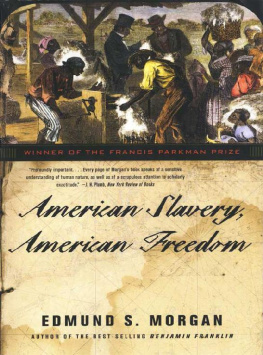
OTHER BOOKS BY EDMUND S. MORGAN
The Puritan Family: Religion and Domestic Relations in Seventeenth-Century New England
Virginians at Home: Family Life in the Eighteenth Century
The Stamp Act Crisis: Prologue to Revolution (with Helen M. Morgan)
The Birth of the Republic
The Puritan Dilemma: The Story of John Winthrop
The Gentle Puritan: A Life of Ezra Stiles
Visible Saints: The History of a Puritan Idea
Roger Williams: The Church and the State
So What about History?
American SlaveryAmerican Freedom: The Ordeal of Colonial Virginia
EDITED WORKS
Prologue to Revolution: Sources and Documents on the Stamp Act Crisis
The Diary of Michael Wigglesworth: The Conscience of a Puritan
Puritan Political Ideas
The Founding of Massachusetts: Historians and the Sources
The American Revolution: Two Centuries of Interpretation

For Helen
CONTENTS
E VERY nation needs a history. Without the collective memory embodied in history a people would lose their collective identity in the same way that an individual suffering from amnesia loses his personal identity. But collective memory, like the memory of an individual, is apt to be faulty: it suppresses some events and reshapes others, and because it fades with the passage of time it often needs refreshing.
In the collective memory of Americans the Revolution has occupied a key place, and the fervent ceremonies attending the bicentennial are only one sign of the need we feel as a nation to keep the memory of the Revolution fresh. We want reassurance that the Founding Fathers are our fathers. We look to them for a posthumous blessing and perhaps a posthumous admonition, to keep us straight on course or pull us back from paths we should not have taken.
Ironically, neither the Revolution nor any other part of our past can be so reassuring for a historian. His business precludes it. Spending his days with documents, he generally comes to know more about the past than he does about the present and more than most people in the past knew about their present. He studies not only events that have been preserved in the collective memory but those that have been left out, either because they are disconcerting or because they were known at their occurrence only to a select few, who buried the record of them in pages that only historians have cared to read. The historian even assembles information (such as statistics) previously unknown to anyone. He accordingly becomes so aware of complexities and uncertainties that the past seldom reassures him of anything. Instead it becomes a part of the endless puzzle of human behavior, to be studied and savored and, if possible, understood for its own sake.
Because he becomes so immersed in the past, the historians understanding of it is not usually shaped by any conscious desire to explain the present. And yet the influence of the present upon him is strong, albeit so subtle that he may not be aware of it. Historians, like other men and women in search of anything, tend to see what they expect to see and to find what they set out to find. Their expectations may be dictated in part by what other historians, who have been over the ground before, tell them is there. But different historians have found different things in the same records, and often the same historian will find new things when he retraces his own steps over the same ground at a later time. The differences may come simply from keener perception or from taking a closer look, but they are also affected, consciously or unconsciously, by the time and place in which the historian lives and by the people who live there with him. Though he may study the past for its own sake, simply to know what really happened, he usually wants to report his discoveries, and he hopes to instruct and inform not only other historians but the people among whom he lives. He wants to improve the collective memory. If only to gain an audience he will try (not always successfully) to answer the questions that his non-professional contemporaries are likely to ask.
A historians understanding of the Revolution may thus reflect, however remotely, the needs of his time, which may differ from the needs of earlier times and differ also from year to year within his own lifespan. He will not attempt directly to draw lessons from the past for the present, since he does know that the past is an uncertain teacher and that, contrary to popular assumption, history does not repeat itself. By the same token, he will try not to read the present into the past. But his own progress in understanding may grow out of trying to answer the different questions about the past that are prompted by the successive problems and perceptions of his own changing present.
The essays in this volume represent one historians progress over the past thirty years in trying to understand the American Revolution. I hope that they may strike a responsive chord among those who have shared the problems and perceptions of those years and that they may suggest some new perspectives on the Revolutionary experience, the experience that remains at the center of our national identity. If they leave the reader with less certainty about that experience, I hope they will also leave him with a greater sense of its richness and complexity and that they will address some of the questions he may already be asking. The Revolution will continue to challenge our understanding as long as we remain a nation. In thinking about it, we think about what kind of a people we are.
April 19, 1976
E. S. M.

I first began to think about the Revolution because I had to. As a novice assistant professor at Brown University, I was scheduled to teach the subject in a general survey of American colonial history. My research as a graduate student had been confined to the period before the Revolutionwhat we colonial historians think of as the first half of American historybut I knew nothing about the Revolution beyond what I remembered from a course I had taken in college.
Those were the days when most American historians were still following the footsteps of Charles Beard, looking for the basic and inevitable economic motives that lay beneath the window dressing of constitutional argument, patriotic rhetoric, and political theory. The one thing I could remember clearly about the colonists objections to British taxation, with which the story of the Revolution usually begins, was that the colonists did not really mean what they said. What they wanted was to avoid being taxed, and they had improvised one set of high-sounding principles after another to block the efforts of the British Parliament to make them pay. When Parliament passed the Stamp Act, imposing a duty on legal and other documents, the colonists invented a distinction between external taxes, which were allowable, and internal taxes, which were not. When Parliament obliged them by repealing the Stamp Act and giving them some external taxes in the Townshend duties, they decided that Parliament could tax only for the regulation of trade, not for revenue. When Parliament repealed most of the Townshend duties but then passed the Coercive Acts to punish Massachusetts for the Boston Tea Party, the colonists decided that Parliament had no authority over them at all, that their only connection with England lay in their loyalty to the king. And they finally repudiated that too in the Declaration of Independence.
Next page
